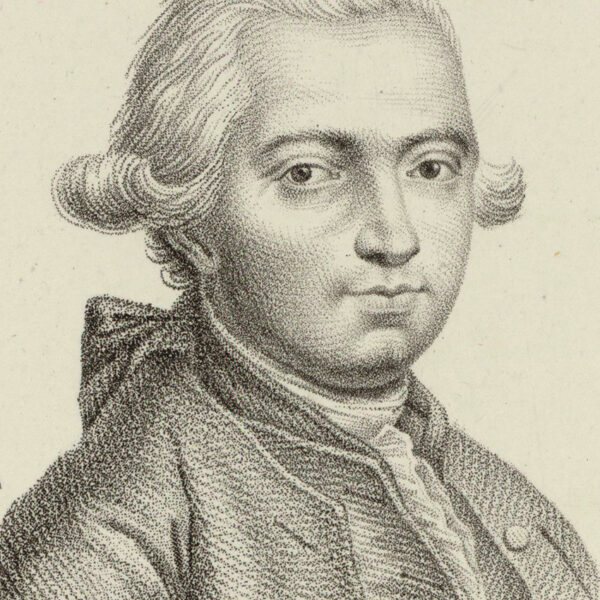Come, Thou Almighty King: A Hymn of Worship and Rebellion
There are countless hymns that have stood the test of time, their melodies and lyrics woven into the very fabric of our faith. Among these enduring masterpieces is “Come, Thou Almighty King,” a song that not only invites us to worship the fullness of the triune God but also carries with it a fascinating history of rebellion and patriotism.
The Mysterious Origins of “Come, Thou Almighty King”
Written in England in 1757, “Come, Thou Almighty King” is a hymn shrouded in mystery, its author unknown. This anonymity is unusual for a hymn of such prominence, but there is a compelling reason for the writer’s secrecy – a reason that lies in the hymn’s connection to England’s national anthem.
The Hymn’s Connection to England’s National Anthem
Just over a decade before the composition of “Come, Thou Almighty King,” “God Save Our Gracious King” had risen to the status of England’s national anthem. Intriguingly, the hymn shares an identical tune with the anthem, and theories abound as to why. Some speculate that the hymn was penned as a companion piece to the anthem, a spiritual sequel that would follow the earthly plea for the king’s protection. Others, however, believe that the hymn was crafted with rebellion in mind, providing those who were not loyal to the English crown with alternative lyrics to sing when the national anthem played.
“Come, Thou Almighty King” and the American Revolution
Regardless of the author’s original intent, “Come, Thou Almighty King” found its moment of glory during the American Revolution. As the colonies chafed under the rule of King George III, the hymn’s lyrics took on new meaning. Americans, with more reason than most to bristle at an anthem beseeching God to save their oppressor, embraced the hymn that dared to redirect that musical plea to the King of Kings.
The Hymn’s Popularity During the Revolutionary War
The hymn’s popularity surged in America during the Revolutionary War, and nowhere was its use as an act of defiance more dramatically illustrated than in New York City. On August 22, 1776, the British commenced what would be a seven-year occupation of the city, imposing martial law and placing the Americans under the thumb of British commanders.
The Clash of Songs: “God Save Our Gracious King” vs. “Come, Thou Almighty King”
Tensions reached a boiling point one Sunday when American and British soldiers found themselves sharing a church service. As the worship concluded, the British soldiers demanded that the congregation sing “God Save Our Gracious King.” With no choice but to comply, the organist began to play the familiar tune. The soldiers’ voices rose:
God save our gracious King,
Long live our noble King…
But their words were quickly overpowered by the American congregation, who boldly sang:
Come, Thou Almighty King,
Help us Thy name to sing;
Help us to praise.
Father all-glorious o’er all victorious,
Come and reign over us Ancient of Days!
The Hymn’s Celebration of the Trinity
This clash of songs, anthem against hymn, epitomized the struggle for allegiance that lay at the heart of the American Revolution. It is little wonder, then, that those who pledged their loyalty to the Almighty King emerged victorious over those who clung to an earthly monarch.
Yet “Come, Thou Almighty King” is more than a historical curiosity; it is a profound expression of worship to the triune God. Each verse of the hymn is dedicated to a different person of the Trinity: the Father in verse one, Jesus in verse two, and the Holy Spirit in verse three. The final verse brings them all together, celebrating the unity and power of the Godhead.
Joining Our Voices with Generations Past
As we sing this hymn today, we join our voices with generations past – with the English believers who first raised this melody in secret, with the American patriots who claimed it as their own, and with all who have found in its words a summons to worship the one true King. May we, too, offer our praise to the Father all-glorious, the Spirit of holiness, and the incarnate Word, now and forever.
A Call to Worship and Allegiance
In a world that often demands our allegiance, “Come, Thou Almighty King” reminds us where our ultimate loyalty must lie. It is a call to worship, a declaration of dependence, and a bold proclamation of the sovereignty of God. As we lift our voices in this timeless hymn, may we find ourselves inspired by the courage of those who sang it before us, and may we, like them, crown Christ as our Almighty King.


